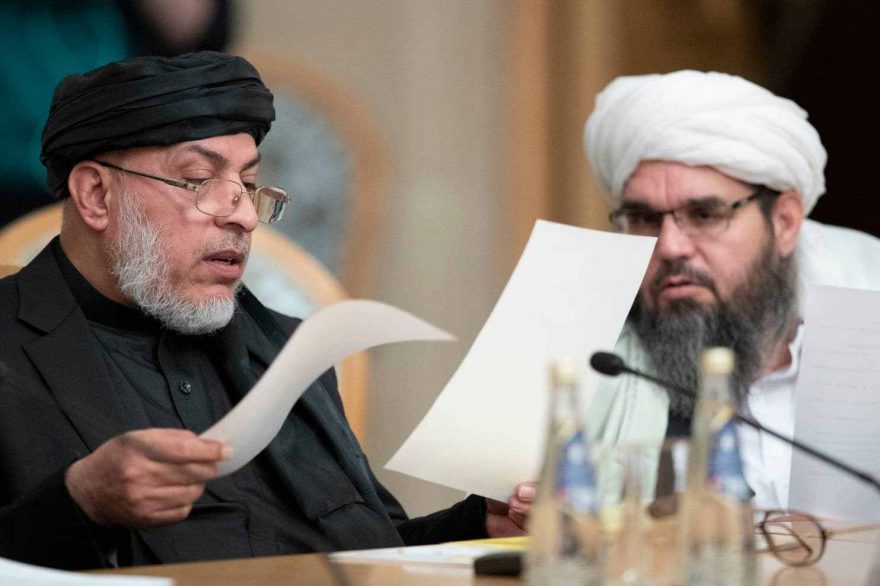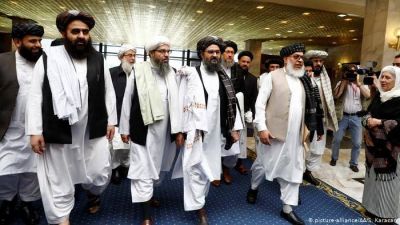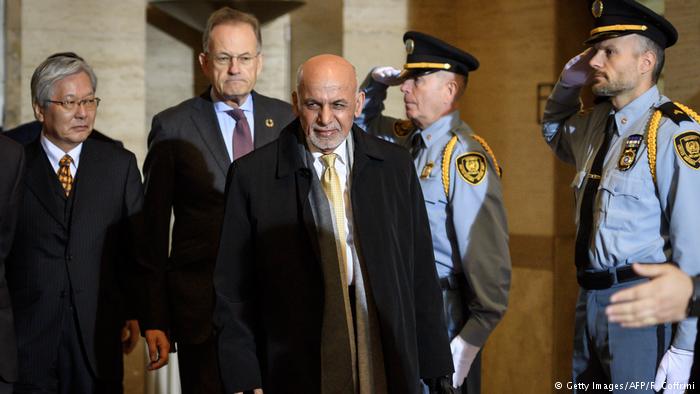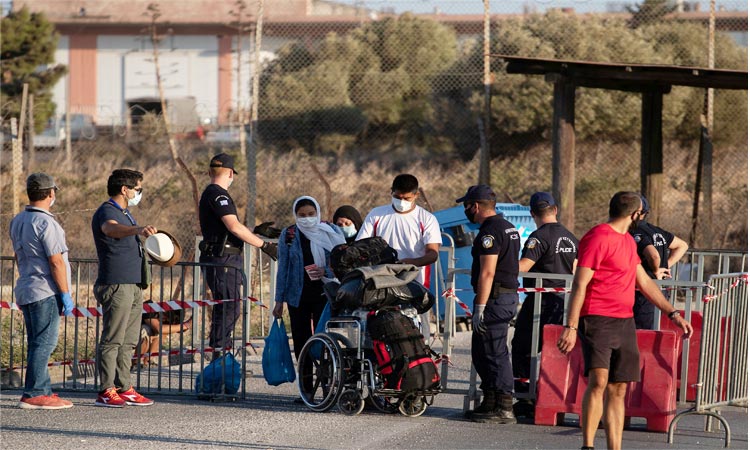The Taliban will implement a 10-day ceasefire with U.S. troops, a reduction in violence with Afghan forces and discussions with Afghan government officials if it reaches a deal with U.S. negotiators in talks in Doha, two sources have said.
Publish dateSaturday 18 January 2020 - 11:32
Story Code : 200985
Zalmay Khalilzad, named last year to lead the U.S. peace effort, met Mullah Abdul Ghani Baradar, a co-founder of the Taliban and the movement’s political chief, for the first time in Doha. Talks were expected to run for at least four days.
“Just finished a working lunch with Mullah Baradar and his team. First time we’ve met. Now moving on to talks,” Khalilzad tweeted.
Even with peace talks under way, the war in Afghanistan killed almost 4,000 civilians in 2018, including a record number of children, making it the single deadliest year for Afghan civilians since the United Nations began documenting casualties a decade ago.
Baradar arrived in Doha on Sunday, but sources said it was not clear whether he would attend all the meetings, which diplomats in Kabul said were expected to focus on clinching a ceasefire before the onset of warmer spring weather prompts an escalation of fighting, as in previous years.
The last round of talks ended in Qatar in January.
Baradar, a veteran fighter and figure of considerable influence within the Taliban, was released from a Pakistani jail last year. His appointment was widely seen as a fresh effort by the Taliban to emerge from the political and diplomatic shadows.
Last week the Taliban said that Baradar had named a 14-member team for the talks and would not go to Qatar, but his plans changed on Sunday.
CONFUSION”
“There was much confusion whether Mullah Baradar should travel to Qatar or not. Some of our people wanted him to go there but avoid participation in the peace talks. Others wanted him to go and supervise the peace talks,” said a senior Taliban leader in Afghanistan.American negotiators, who have held multiple rounds of talks with Taliban leaders since last year, want Baradar to attend the talks to be able to resolve key sticking points: the timing of a ceasefire and the possible withdrawal of foreign forces.
“What was the point of Baradar’s release if he wants to stay away from the talks?” said a senior diplomat in Kabul, adding that U.S. negotiators had to provide assurances to lift a travel ban on some Taliban leaders to get Baradar to travel to Qatar.
Last week, the United States and Russia agreed to explore options to revoke a U.N. travel ban on Taliban negotiators, one of the key demands of the group.
Taliban officials have so far rejected the Afghan government’s offer to hold direct talks but Kabul is planning to hold a grand council of tribal elders and political leaders next month to discuss how to end the Taliban insurgency.
Violence in Afghanistan rose after the breakdown of talks in September.
The Taliban’s readiness to reduce violence revives odds of the peace process moving forward before the militant group launches what is usually an annual spring offensive around early April.
Source : Reuters
avapress.net/vdcdjz0xkyt0zn6.em2y.html
Tags
Top hits












